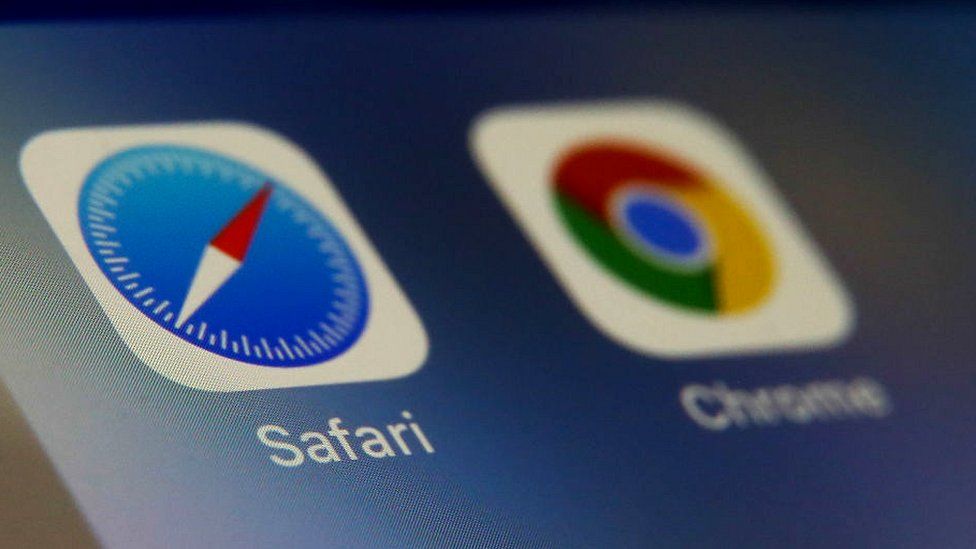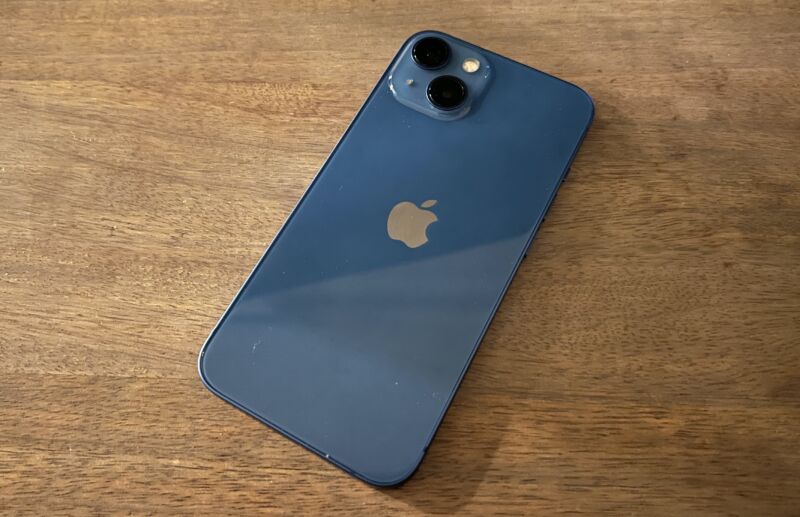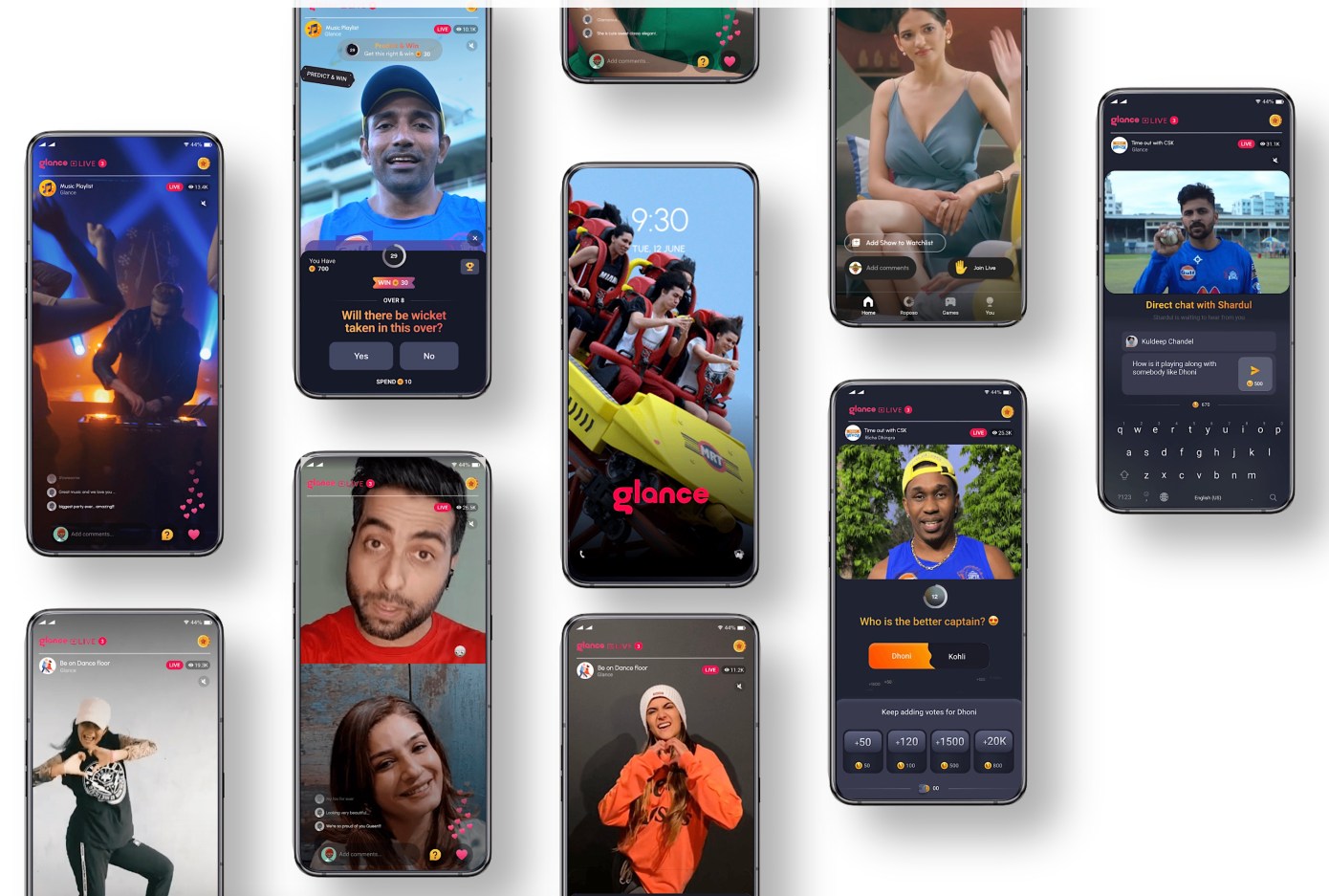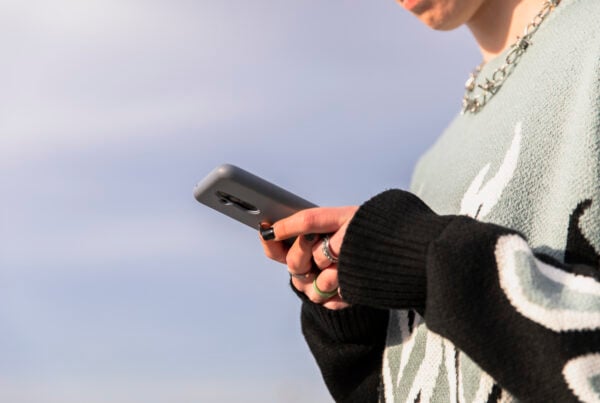Find out the week’s top mobile stories from around the world. Headlines this week include… Europe agrees new law to curb Big Tech dominance, Apple could soon turn the iPhone into a recurring subscription service, Google-backed Glance acquires gaming platform Gambit in NFT push and much more…

Europe agrees new law to curb Big Tech dominance
BBC
European lawmakers have agreed on new rules which they hope will curb the dominance of Big Tech companies.
Under the Digital Markets Act (DMA), giants such as Google and Apple will be forced to open up their services and platforms to other businesses.
Major technology firms have long faced criticism that they use their market dominance to squeeze out competition.
“What we want is simple: fair markets…in digital,” said EU antitrust chief Margrethe Vestager.
Read more…
Apple could soon turn the iPhone into a recurring subscription service
Ars Technica
Apple is working on a way for users to acquire iPhones as part of a subscription service, according to Bloomberg. The service could launch as soon as this year, but it could also arrive in early 2023.
The new offering would fit neatly into Apple’s ongoing efforts to emphasize recurring subscription revenue. That model has worked well for big tech companies like Microsoft, which earn most of their revenue from subscriptions, albeit mostly not hardware ones.
Read more…
Google-backed Glance acquires gaming platform Gambit in NFT push
Tech Crunch
Glance has acquired India’s Gambit as the Google-backed firm looks to supercharge its mobile games offerings and introduce NFTs to its Gen-Z users, TechCrunch has learned and confirmed.
Piyush Shah, co-founder of InMobi Group and COO of Glance, confirmed the acquisition but declined to share the financial terms of the deal. In an interview with TechCrunch, he said the acquisition will help the Jio Platforms-backed firm to bring live game shows and NFT-based incentivisation to its users to enrich their gaming experience.
Read more…
Enterprise IoT network launches with £2m revenue target
Capacity
Wireless Logic Group expects first year revenues for its enterprise-grade IoT mobile network to reach £2 million.
Speaking to Capacity on the launch of Conexa, the group’s head of MVNO Paul Bullock, said subsequent growth is expected to outpace the industry’s compound annual growth rate.
“This network has been built for enterprise businesses and those looking to roll out a global IoT deployment. Wireless Logic’s revenue target in year one is £2 million with rapid growth thereafter ahead of industry CAGR.”
Read more…
How Mobile Blockchain Ticketing Is Changing The Events Industry
Forbes
Not that long ago, leaders of many venues thought that fans were not ready or willing to switch to mobile blockchain ticketing. I found this was the case in March 2020. Today, the practice has become more widely adopted.
More organizers are turning to blockchain technology for their events. For example, I am the Americas CEO of a company that offers mobile blockchain ticketing, and at a sporting event a few months ago, our technology was used to inject about 1 million tickets into the blockchain for fans in 11 venues across 10 countries.
Read more…
How will auction packages address some of mobile advertising’s big challenges?
The Drum
While the scale and opportunity of mobile advertising are undeniable, its growth has been challenged. The Drum and PubMatic have asked some of the industry’s leading voices across APAC whether the rise in solutions like auctions packages can make an impact.
Global ad spend on mobile is still growing at over 25% per year, according to Statista. This growth, however, is set against challenges in the perception of mobile being particularly troubled by brand safety and fraud issues.
Read more…
Mobile devices changing consumer shopping behavior
Retail Customer Experience
A hefty majority, 73%, of U.S. shoppers will embrace virtual cards for online purchases and the trend illustrates how smartphone innovation is rapidly changing how consumers shop both online and in-store, according to Klarna data from the payment provider’s Mobile Shopping Report.
The study, which polled 13,000 consumers across 13 countries, revealed virtual cards, also known as electronic cars, are gaining as a payment method as half of users view them as more convenient, according to a press release.
Read more…
How an identity-first approach will secure the future of m-commerce
ITPro
The shift towards online shopping accelerated during the pandemic. And within that trend, shopping with smartphones, known as m-commerce, has been growing too. According to figures from eMarketer, in 2021, 38.5% of retail ecommerce sales were via mobile devices, and this is predicted to rise to 44.2% by 2025. But m-commerce has a problem. Smartphone shoppers are less confident about checkout than desktop internet users, so conversion rates are lower, making a more seamless and secure retail experience essential.
A 2019 Monetate study found that conversion rates for mobile shoppers stood at just 2.25%, which was less than half of the 4.81% recorded for desktop shoppers.
Read more…
Vodafone, Nokia float idea of 5G at sea
Mobile World Live
Vodafone UK and Nokia began deploying a 4G/5G mobile private network in coastal town Plymouth as a test bed for marine-focused trials, with the companies claiming the project is a first in the sector worldwide.
The 5G testbed is being deployed at Smart Sound Plymouth, a 1,000 square kilometre water space used for the testing and development of new products and services for the marine sector. The Heart of the South West Local Enterprise Partnership (LEP) provided around £1.8 million in funding for the project.
Read more…
Identity in reverse – mobile phones as leverage to enroll for digital ID, plus SIM overlays
Biometric Update
As the deadline for linking SIM cards and digital ID numbers looms (again) in Nigeria, representatives from its mobile network operators and ID authority, plus their counterparts in Tanzania, explained the impact of enforcing the link in the second ID4Africa livecast dedicated to mobiles for identity and development. A huge boost for their national ID programs, the programs are more of a mixed basket for the countries’ telcos.
We also learnt more about the rights for the user built into Nigeria’s app for its digital ID card and how SIM card overlays could be a cheap and effective way to enable basic feature phones to have secure, smart digital ID.














